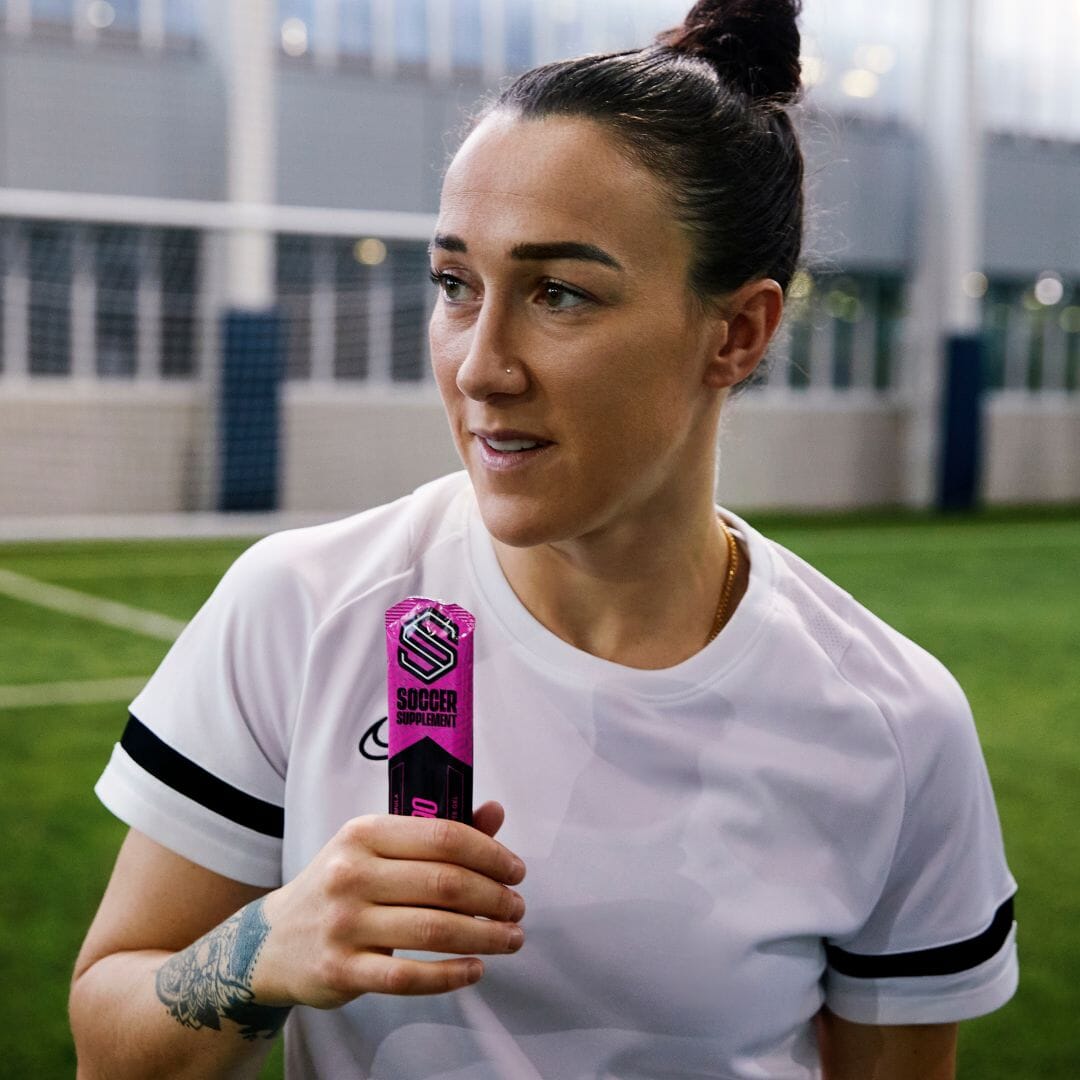If you have spent any time in the world of supplements, then you will have come across the term BCAA. Firstly, no – that isn’t the bloodcurdling scream you make when someone lands an enthusiastic two-footed tackle from behind (that would be more like... BWHAAAAA!).
In this article, we take a quick look at what BCAAs are, the benefits of BCAAs, and whether you need them as a footballer.
The BCAA Definition
Let’s begin with a definition. What exactly are BCAAs and what do they do?
BCAA stands for branched-chain amino acid. There are thousands of proteins in the human body, which are made up of 20 different amino acids. Of these amino acids, nine are called essential amino acids (EAAs). These nine EAAs cannot be produced in the body and therefore have to come from what you eat. (They are naturally found in protein-rich foods such as meat, dairy, legumes, soy products, eggs, and nuts).
Within those nine you’ll find three branched-chain amino acids, including isoleucine, leucine and valine. Without getting too technical, the term ‘branched-chain’ simply refers to the chemical structure of the amino acids.
BCAAs are mainly metabolised within the muscle itself instead of being broken down by the liver like other amino acids. This means that BCAAs enter the bloodstream more rapidly as they bypass the liver.
What Do BCAAs Do?
Firstly, BCAAs are still being studied; there are skeptics of their effectiveness, and champions for their multiple benefits.
Regardless, it is hard to argue that BCAAs (particularly leucine) play a role in the building and maintenance of muscle, which is why you find them in so many muscle-building supplements. Taking BCAAs may allow you to hold onto precious lean muscle mass while losing fat when in a calorie deficit.
For footballers, a 2012 study suggests that BCAAs may also decrease muscle soreness after exercise, helping with recovery. If it has the potential to get you back on your feet quicker, we are all for it!
Should You Take BCAA's?
Let’s recap: BCAAs have the potential to help you build and maintain lean muscle mass, while aiding recovery. Sounds good.
But do you need to supplement with them?
As we have said, you can get ample BCAAs from your diet. If you are eating enough calories to support your weight and taking in enough protein, then chances are you won’t need to consume a specific BCAA supplement as well. But, do you know how many grams of BCAA’s are in your Chicken pasta salad, or your bean burrito?
Designed to meet the needs of professional footballers, our Whey90 and Recover90 contain over 30g of protein and 7.9g BCAAs per serving. Our Vegan Protein contains 25g protein, 18 essential and non-essential acids and over 4g leucine, and Clear Whey 23g of protein and 6.3g BCAA's per serving.
Armed with that information, you can guarantee your intake, and then map the effects. Try it for yourself and see whether or not BCAA’s make a difference for you!








